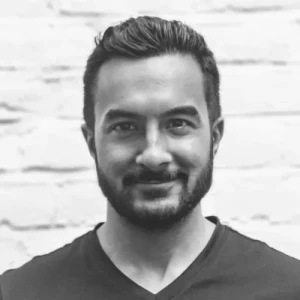Hello,
I've recently been invited to interview for McK following around 2-3 years work experience in consulting. While solving cases, I've tried to use more common sense and think about how I would actually solve this problem on the ground, instead of using Chengs frameworks or likes wherever possible. However, while practicing it seems that most of the feedback from partners revolves around 3C's, 4P's etc. Is it preferable to focus on these high-level frameworks?


